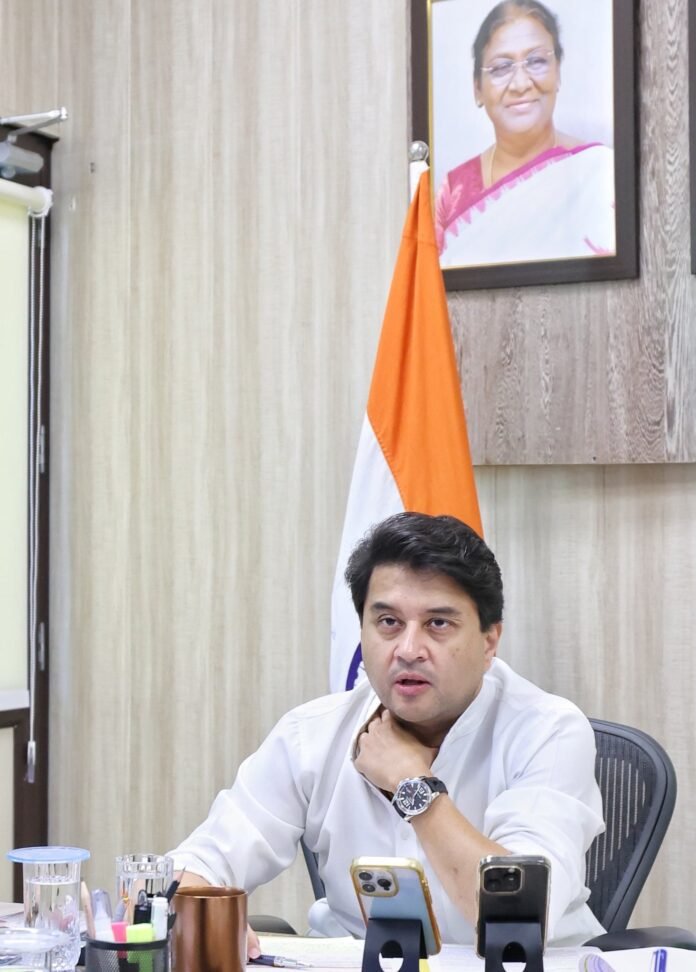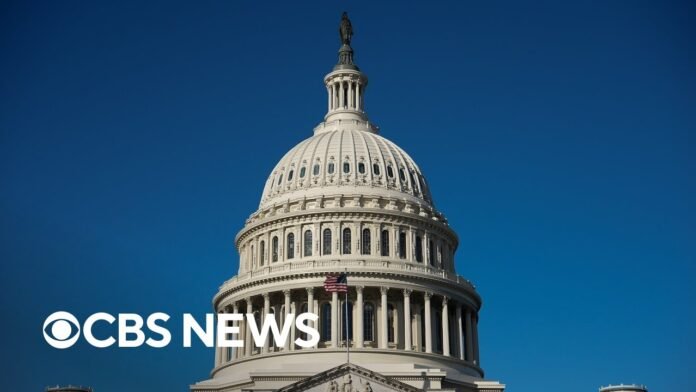Pakistan has received fresh warnings that it must bring more steadiness to its policies. A group of international donors, along with several regional governments, highlighted the need for clearer, long‑term plans in a meeting held in the capital last week.
The main point of the discussion was that Pakistan’s frequent policy shifts are hurting its chances for growth. Because the country is still working to secure infrastructure loans, boost exports, and improve its balance of payments, the donors said that a consistent strategy is essential if it wants to gain the confidence of private investors and international partners.
“Pakistan cannot keep switching gears on economic policy,” one donor spokesperson told the press. “If buyers and bankers don’t see a steady path forward, they will step back.” The speaker added that the United Nations Development Programme will keep a close eye on how the government delivers on its commitments.
In the same meeting, the United Nations Secretary‑General’s envoy for South Asia praised Pakistan’s progress on a number of fronts. The envoy said the city was on track to meet its climate‑action targets and that the power‑sector reform plan had made significant headway. But he urged the government to keep the momentum going and to avoid ad‑hoc tweaks to laws that could derail progress.
A spokesperson for the International Monetary Fund (IMF) also joined the conversation. The IMF representative noted that Pakistan’s growing deficit and high inflation made a firm policy stance more important. “Stability is the key to regained investor confidence,” the IMF liaison said. “We recommend a limited number of reforms that can be piloted in early 2025 and shown to produce tangible results.”
The Pakistani finance minister, in a subsequent press conference, confirmed that the government is “already listening” to the feedback. The minister pledged to introduce a new fiscal framework that would set clear guidelines for spending and borrowing. In addition, he welcomed a regional partnership initiative that would help the country balance its trade deficit with grain and textile exports.
If Pakistan can keep these new commitments, experts say it could see a boost in foreign direct investment, cut loan interest rates, and solidify its place in the global market. In the meantime, the call for consistency remains loud and clear: steady policies are the best pathway to Pakistan’s economic future.
Stay informed on all the latest news, real-time breaking news updates, and follow all the important headlines in world News on Latest NewsX. Follow us on social media Facebook, Twitter(X), Gettr and subscribe our Youtube Channel.



